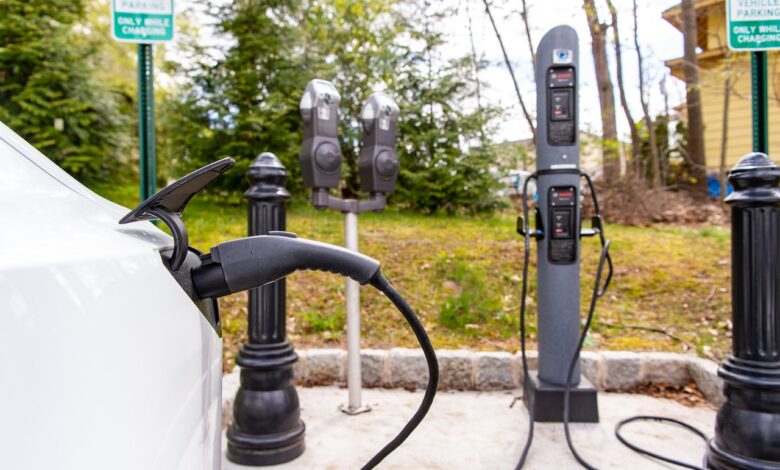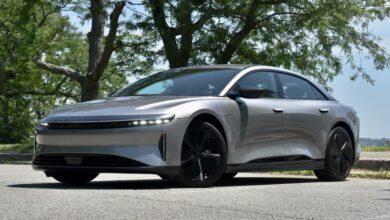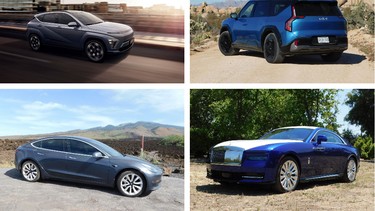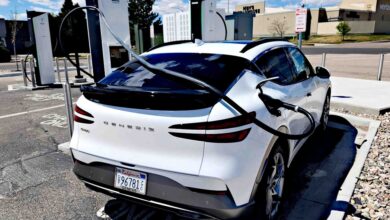Pa. lawmakers in talks about enacting an annual electric vehicle fee

Negotiations are ongoing between the House and Senate to establish an annual fee for owners of electric and plug-in hybrid vehicles to offset the loss of gas tax revenue.
House Transportation Committee Chairman Ed Neilson, D-Philadelphia, said he is hopeful the talks could lead to a compromise between the two legislative chambers as part of this year’s budget talks. His committee was poised to vote on Neilson’s proposed EV fee bill at its meeting Monday, but delayed action in light of continued negotiations that could lead to a compromise.
He said New Jersey’s EV fee that assesses owners a $250 annual fee starting in July, and increasing by $10 a year until it reaches $290 in 2028 has gotten Pennsylvania’s policymakers’ attention. New Jersey is the 36th state to enact an EV fee.
Neilson’s legislation would have set the fee at $125 this year and gradually increase to $225 by 2029. Starting in 2030, the annual fee would adjust by the rate of inflation. It also would have charged plug-in hybrid vehicle owners a fee that would be 25% less than the fee charged to EV owners.
Neilson offered his bill in response to a Senate-passed bill, sponsored by Sen. Greg Rothman, R-Cumberland/Perry counties, that would have set the fee for EV owners at $290 a year. The Senate bill as well as Neilson’s legislation would have repealed the existing alternative fuels tax that few EV owners pay.
“We want to make certain that we do a fair fee,” Neilson said following Monday’s transportation committee meeting. “We’re losing money. Every day we push this off, we’re losing money. The commonwealth is losing money for road and bridge repairs which we need. Hopefully this gets us to where we need to be.”
Senate Transportation Committee Chairman Wayne Langerholc, R-Cambria County, agrees the commonwealth is losing money the longer this debate goes on over the fee. He said the House bill takes too long to get to a rate the Senate supports and said Rothman’s bill is a fair and equitable rate.
While discussions are ongoing, Langerholc said, “My position has remained unchanged.”
Neilson explained he prefers a gradual phase-in fee on EV and hybrid vehicle owners to help rally legislative support for the idea and allow EV and hybrid vehicles owners time to adjust to the fee.
He said by the time the higher fee is implemented, there likely will be more of these vehicles on the road and that means more money for transportation projects. The number of battery-powered electric vehicles registered in Pennsylvania has grown from 11,343 in March 2020 to 63,247 in January, according to PennDOT.
Still, the revenue from the fee does not come near to closing the $9 billion-plus transportation funding gap. The Senate bill’s annual $290 fee would generate just over $18 million based on the current number of EV vehicles registered in the state.
“This is nowhere close,” Neilson said. “We need money to fix our roads and bridges this is not the fix.”
Bob Latham, executive vice president of the Associated Pennsylvania Constructors, a trade group representing highway construction companies, said he senses interest on both chambers to enact an EV fee this year and is optimistic negotiations will lead to a reasonable compromise.
Senate opponents who argued against the fee said it could deter motorists from buying an electric or hybrid vehicle at a time.
Jan Murphy may be reached at jmurphy@pennlive.com. Follow her on X at @JanMurphy.



